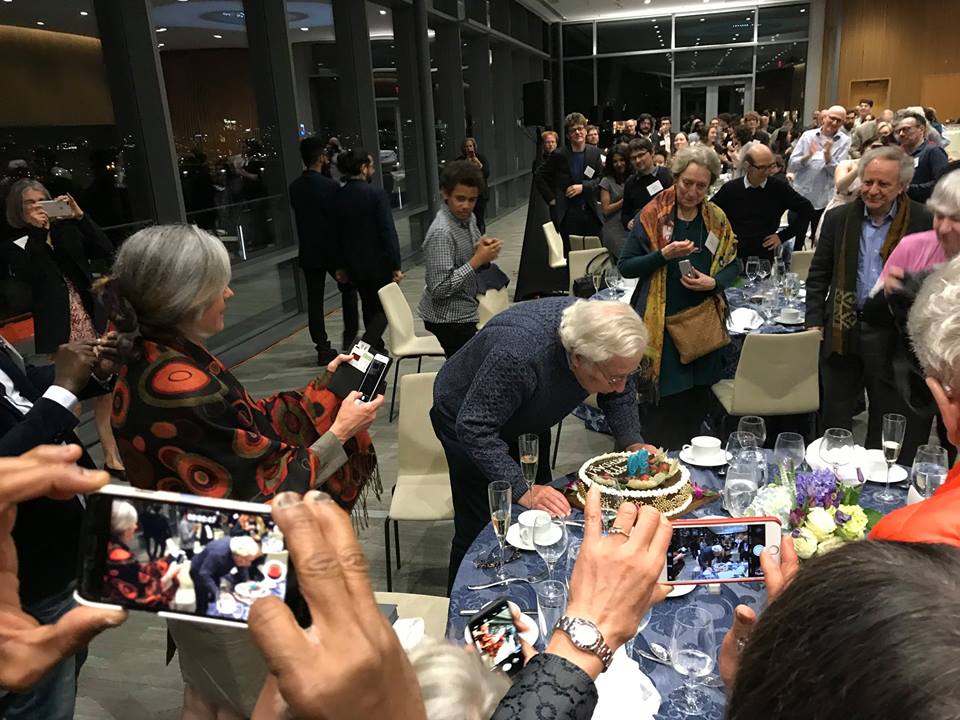Speaker: Keny Chatain (MIT)
Title: What is wrong with doubles?
Time: Wednesday, April 24th, 1-2PM
Location: 32-D461
Abstract: In this talk, I show that for a sizeable class of adjectival operators (including comparatives, superlatives, excessives, same, different),
standard and otherwise perfectly adequate denotations and LFs deliver
problematic truth-conditions in sentences where two such operators
occur, e.g. (1-2). This happens even though speakers recognize such
sentences as well-formed and have consistent intuitions about their
truth-conditions. These problems have been partially tackled in the
literature (von Stechow (1984) under the label multihead comparatives, Meier (2000) for degree result clauses, and refs therein), but a one-size-fits-all solution, if it exists, remains to be found.
(1) Amelia carried the biggest elephant over the longest distance (relative reading)
(2) Every suspect read the same book at the same time.
After presenting the problem, I will explore three solutions: 1) an extension of von Stechow (1984), 2) a solution exploiting polyadic quantification inspired in spirit by Fox & Johnson (2016), 3) a postsuppositional account following Brasoveanu (2012). I will show that the challenges faced by all three solutions are daunting, if not insurmountable. I will suggest a revision of 1) but will mainly leave the puzzle open for the audience’s insights to express themselves freely.
